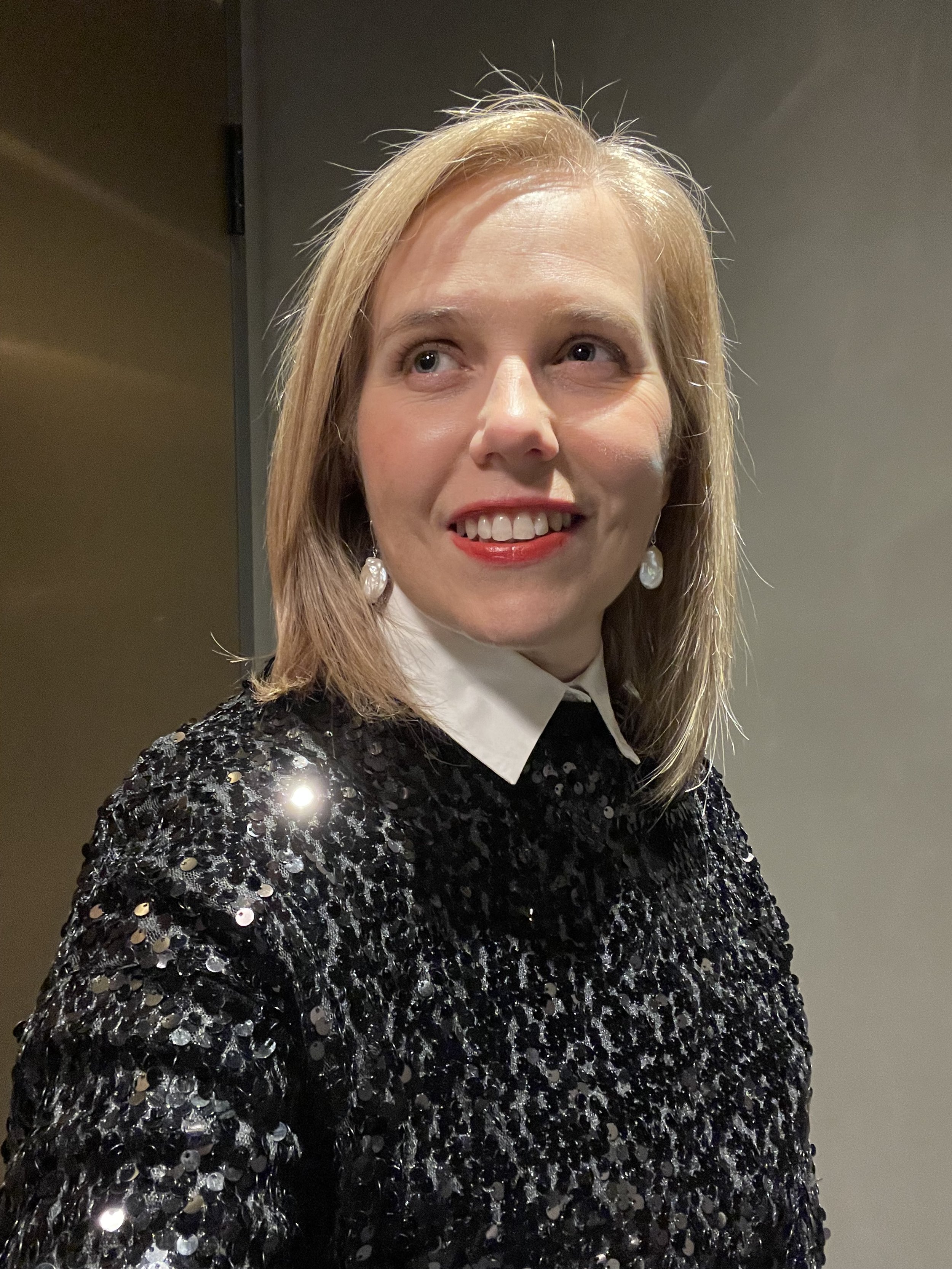The Surprising Leadership Skills AI Can't Replace (and Why You Must Build Them Now)
Why resilience, flexibility, and emotional agility will define leadership success in the next decade
“The illiterate of the 21st century will not be those who cannot read and write, but those who cannot learn, unlearn, and relearn.”
Imagine yourself standing at the edge of 2030 — leading through accelerating technologies, climate urgency, geopolitical shifts, and workforce disruptions.
There’s no familiar playbook, no steady ground. And yet, you’re expected to lead with clarity, momentum, and confidence.
So, what gives you the edge?
It’s tempting to think the answer is purely technical mastery — the latest AI tool, automation system, or data dashboard. But reading the World Economic Forum’s Future of Jobs Report 2025,I see a different story: some of the most critical leadership strengths for the next five years are deeply, unshakeably human.
We’re talking about resilience, flexibility, emotional intelligence, social influence, creative thinking, and curiosity — the very capacities that are more difficult for machines to replace.
Why Human Skills Matter More Than Ever
New evidence shows just how decisive these human capacities are:
Resilience isn’t just a nice-to-have. A 2024 study on leadership development confirms that resilient leaders — those who recover from disruption and guide their teams through turbulence — are the ones who create adaptive, stable organisations.
Emotional intelligence drives leadership effectiveness. Studies on emotional intelligence show that leaders who can read and regulate their emotions don’t just survive change — they navigate it with clarity and build stronger, more engaged teams.
Adaptive leadership builds organisational resilience. McKinsey’s 2024 insights reveal that adaptive leaders, who approach uncertainty with a learning mindset and flex strategies creatively, are key to organisational resilience.
CEOs are naming human skill gaps as existential threats. And PwC’s 2024 Global CEO Survey warns: nearly half of CEOs believe their companies won’t survive the next decade without major shifts — including investing in creative thinking alongside technology.
History reinforces this lesson. Consider Eleanor Roosevelt, who reshaped the role of First Lady by leaning into empathy, adaptability, and social influence.
Eleanor wasn’t just a figurehead — she was a transformational force in turbulent times because she understood the power of human connection. She led through empathy, adaptability, and principled social influence, embodying the very human edge today’s leaders need.
How Do You Cultivate Your Human Edge?
It’s important to recognise that resilience, curiosity, flexibility, and creativity matter — and just as important to intentionally weave them into how you lead, every single day.
Let me take you into the rhythm of adaptive leadership.
Imagine you’ve just come out of a tense board meeting. A new challenge has landed: a market disruption, a regulatory change, a budget blowout.
Your first instinct? Probably to stiffen up, problem-solve fast, get defensive, or stick with what’s familiar.
But here’s where the human edge comes in.
Instead of defaulting to old patterns, you pause. You notice your emotion — frustration, anxiety, overwhelm — and you name it. You ask yourself: What’s the most useful move here? Where do I need to flex, not freeze?
This is emotional agility at work.
You step back, gather your team, and rather than pushing one fixed plan, you invite multiple perspectives, knowing that in complex times, single solutions rarely hold. You ask: What else could be true? What are we missing? That’s flexible thinking.
You also know that resilience isn’t about toughing it out — it’s about recovery. You schedule micro-moments to restore equilibrium: a quiet walk, a meaningful chat, a brief journal reflection. You protect your stable core so you can keep leading from a place of clarity, not depletion.
You intentionally nurture creative thinking, knowing it’s not just about generating new ideas, but about reframing problems, spotting patterns others miss, and opening unconventional pathways when the familiar ones fail. That’s the innovation mindset.
And crucially, you model curiosity and trust with your team. You share what you’re learning, admit where you’re stretching, and create a space where dissenting views are welcomed. That’s social influence grounded in psychological safety — and it turns ordinary teams into adaptable powerhouses.
Here’s a focused list you can apply right now to sharpen these strengths intentionally:
Strengthen emotional agility → Notice when you’re reactive, pause, name the emotion, and choose your next move with intention.
Build resilience → Schedule micro-recoveries; protect your energy and well-being for sustainable leadership.
Practise flexible thinking → Explore multiple solutions before settling; ask, what are we not seeing? before settling on a course.
Foster creative thinking → Reframe challenges, experiment with small safe-to-try initiatives, and draw inspiration from outside your field.
Model curiosity and learning → Share your own challenges and invite co-creation with your team.
Strengthen social influence and trust → Create psychological safety by valuing all input, not just agreement.
Why This Matters Now
The future won’t be led by those with the most technical mastery, but by those with the strongest human edge: leaders who stay resilient, keep learning, flex without losing their footing, and bring others along through uncertainty.
And here’s the empowering truth: these aren’t traits you’re born with. They’re strengths you can build, habits you can practise, and capacities you can expand — starting today.
Where in your leadership are you relying on old, ingrained patterns — and what’s one human strength you’re ready to sharpen so you can meet tomorrow’s complexity with greater clarity, adaptability, and confidence?


